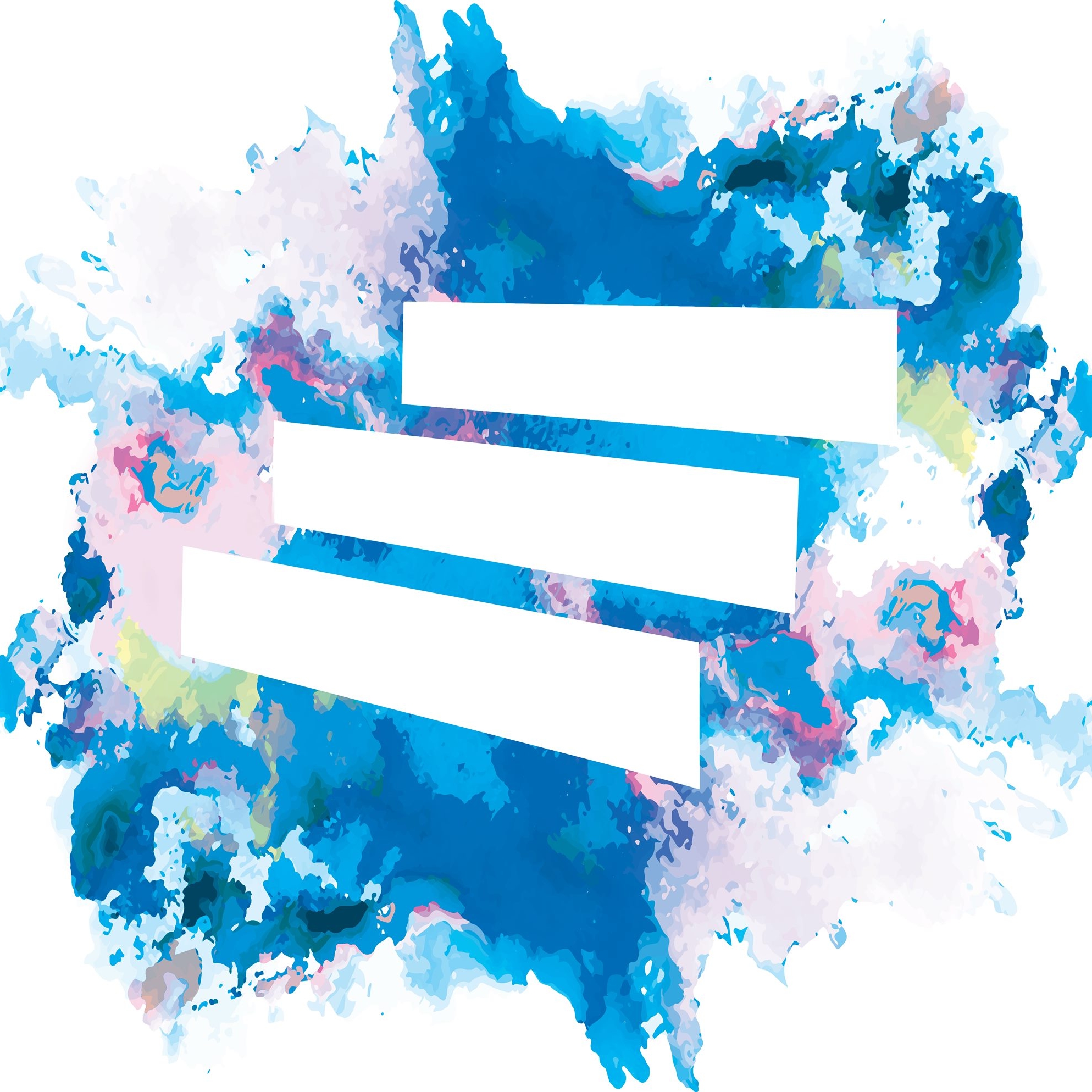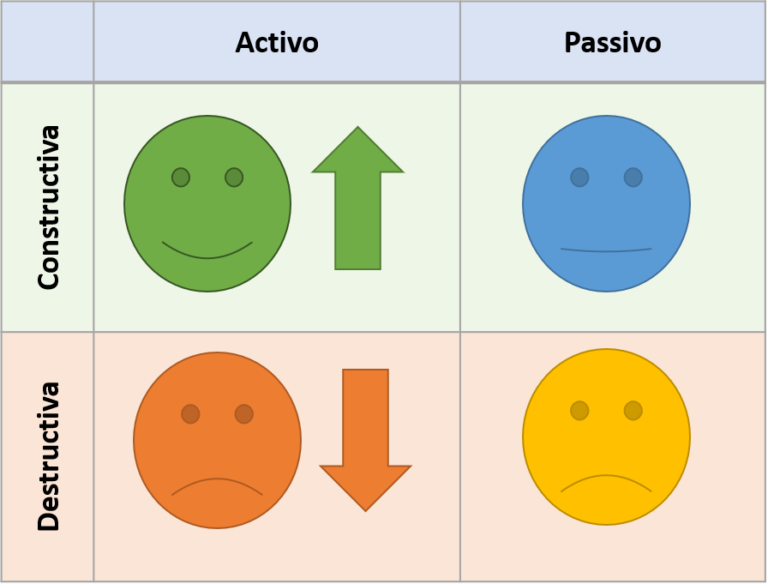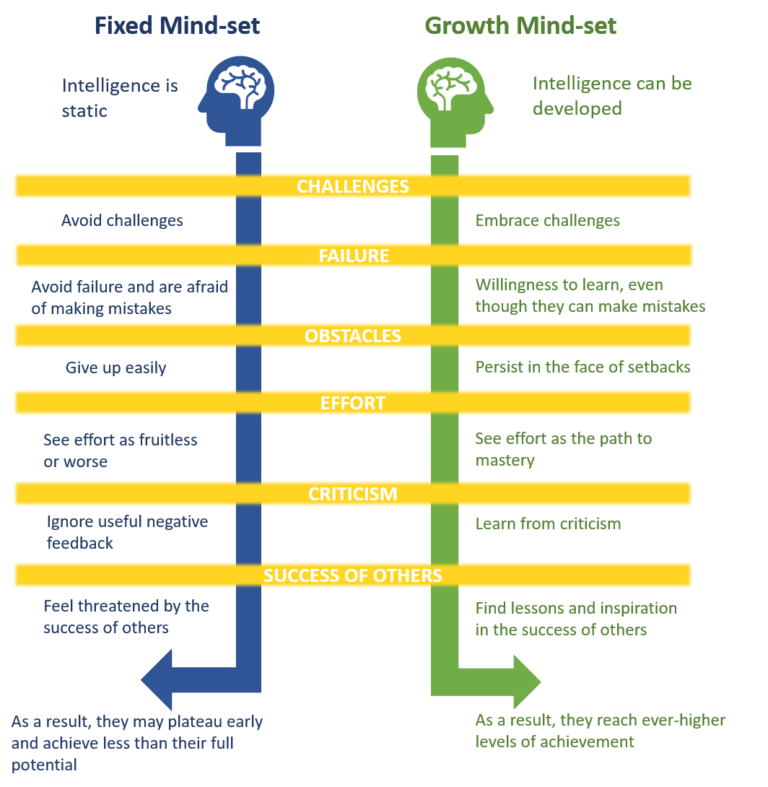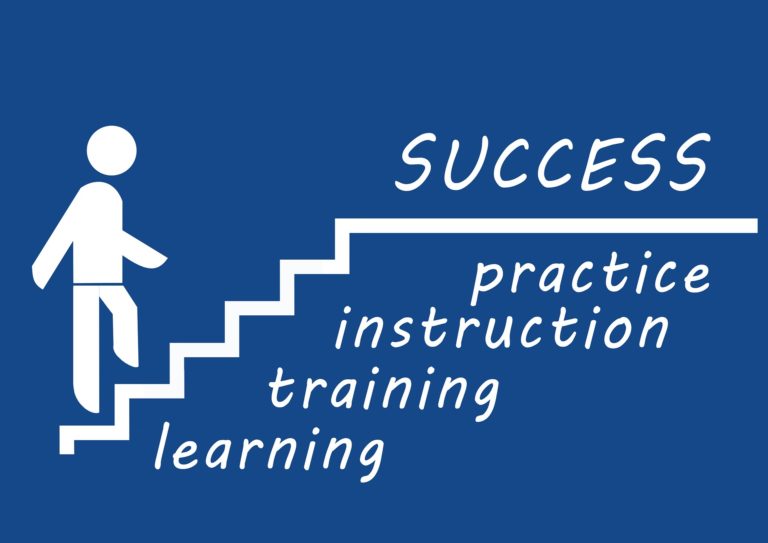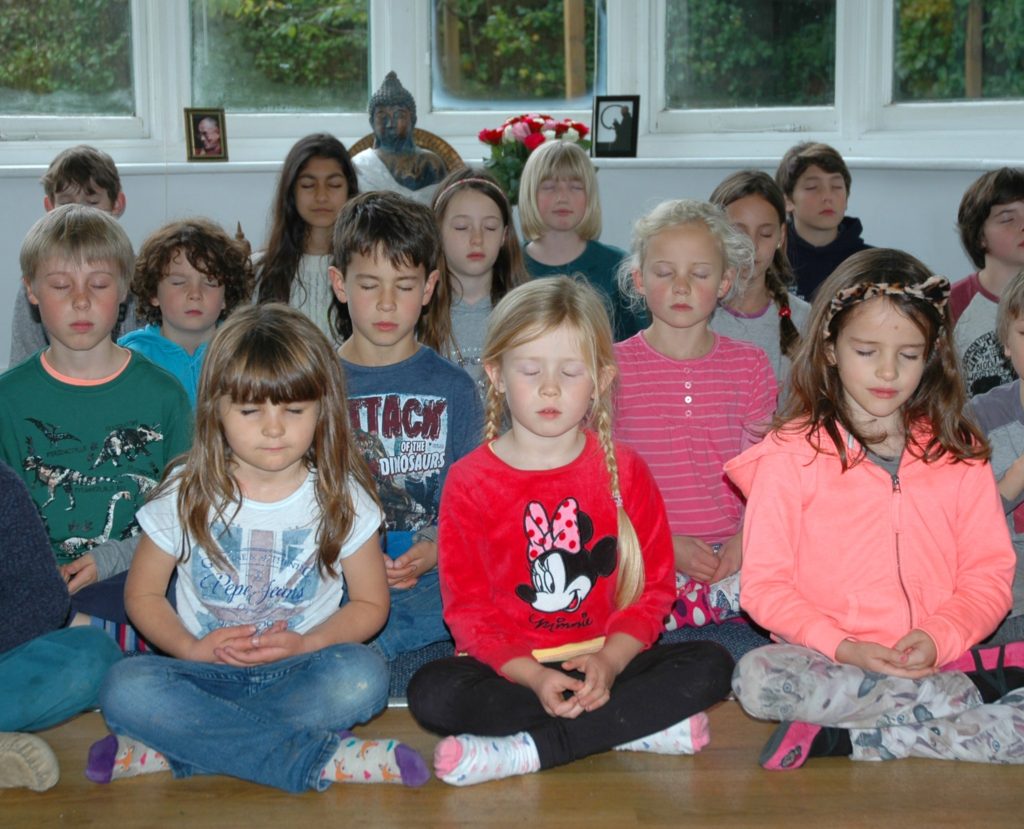
Holistic education emphasizes the need for the individual to define their identity, the meaning and purpose of their life within the community in which they find themselves. Miller proposed that holistic education should favor individual development by focusing on the intellectual, emotional, social, physical, creative and spiritual potentials. Secondly, it should promote the importance of relationships within the learning community. Thirdly, it emphasizes experience-based learning to build meaningful knowledge and generate a social commitment. Fourthly, it should be constituted as a strategy to critically examine cultural, moral and political contexts and actively challenge the student to promote cultural progress.
One of the main objectives of these schools is for the student to develop a passion for learning, inspiring curiosity and the need to discover. This is not achieved by describing the reality in an academic curriculum, but by involving the individual in a contextualized, functional and interrelated teaching process. Holistic schools also use tools that contribute to create meaningful and useful learning. Learning is a creative act that requires a flexible system for each individual. Holistic schools are based on principles from Waldorf pedagogy, the libertarian theories of Dewey, Multiple Intelligences theory from Howard Gardner, Freire’s critical pedagogy principles, emotional intelligence basis and dialogical pedagogy. All this to work all aspects of the person.
Holistic schools are considered democratic schools in which parents, students and teachers participate in the decision-making process both administratively, as regards educational practices and the curriculum. Students participate in this process from an early age and therefore learn to make group decisions and establish rules and goals for the school. Students can express their desires and interests and influence their own education, establishing a system of shared governance that emphasizes the teaching of values, cooperation, justice, compassion and responsibility. In this type of education the role of families is essential.
Teachers inspire the desire to learn using real-life experiences, current events, dramatic arts or other sources of knowledge, promoting reflection and questioning instead of memorizing concepts. Teachers are responsible for developing the curriculum, establishing an appropriate climate for learning and creating an environment in which the school’s goals are met. In this type of education the educator tries to balance freedom and structure, individuality and social responsibility in order to respond to each learning situation. In addition, the teacher must be able to extract the strengths and abilities of the individual, accepting the differences and rejecting the classification of students. The teacher-student relationship is inclusive, dynamic and egalitarian. The teacher becomes a facilitator, guide and mentor promoting learning and understanding at the academic and social levels.
On the other hand, students must learn about their own self, healthy relationships, social and emotional development and persistence. Knowing oneself fosters self-respect and self-esteem. Learning how to relate to those around you is essential to have productive relationships and in turn contribute to social development. On the other hand, emotional literacy is fundamental for the intellectual, social and health development of the individual. Finally, persistence is an essential skill to overcome difficulties, face challenges and succeed in any field. Students should plan their own curriculum and direct their own learning. As described by Hare, the student must:
- Act with integrity and social and academic maturity
- Take responsibility for their own development and learning through planning, prioritization and determination to finish a job
- Demonstrate flexibility and creativity to solve problems
- Maintain relationships and develop interpersonal skills
- Be able to reflect and show an attitude of constant improvement
- Demonstrate oral and written communication skills
- Be able to commit
- Find clarity in the decision-making process
- Effectively use available resources
- Appreciate the existing interconnection in human knowledge, its dependencies and relationships, debating global issues and the impact of human activity on the environment.
The curriculum must be integrated, focused on thematic units, although it will vary according to the needs and interests of the students. In an assembly where the whole school participates, the it is decided which topics to study. These are structured in blocks with a duration of 6 to 8 weeks. These thematic blocks define common themes that will be dealt with by all students, although individual objectives are also defined. Knowledge must be contextualized and functional.
The most commonly used methodologies are project-based learning, problem-based learning and experiential methodology, in which students become researchers. It is usually resorted to self-management, which means, students are managers of their knowledge. Methodologies based on reflection, experience and uncertainty are also used. There are also examples of service learning, in which the school is integrated into the community and offers a social service. Therefore, active methodologies are used to build meaning.
This school responds to the different learning styles of students, characteristics, learning rhythms, etc., promoting above all collaboration and connection between all individuals. Emphasis must be placed on learning by having students develop divergent thinking in problem solving and critical thinking. Techniques such as coaching are also used to help individuals achieve their maximum development.
Class organization should consider working as a team to develop social skills. Therefore, collaboration and cooperation are emphasized instead of competition. Classes are usually small and include students of different ages and abilities.
The teaching-learning activities are very varied, although they are based on solving creative problems, development of divergent thinking and interpersonal skills through work and cooperative play, conflict resolution, team activities and group discussions. Expositions, case studies, simulations and games, excursions, talks, debates, activities of literary production, public reading and literary representation are usually used.
As teaching resources, own material is created and the student participates in its construction. The use of textbooks is reduced and the use of varied materials such as information and communication technologies (ICT) is promoted. The materials used are computers, internet and news from the media, among others for group and individual work.
Evaluation must be a formative process in relation to projects, goals and learning experiences. Great attention is paid to the assessment of interpersonal skills such as integrity, care, consideration, negotiation and the ability to actively listen. During the formative evaluation process, constructive, constant and supportive feedback must be provided. Self-evaluation, co-evaluation, and hetero-evaluation are used, offering qualitative recommendations.
References:
- Hare, J. (2010). Holistic education: an interpretation for teachers in the IB programmes. International Baccalaureate Organization. http://blogs.ibo.org/positionpapers/files/2010/09/Holistic-education_John-Hare.pdf
- Holistic Education (2003). Holistic education: An introduction. http://www.holistic-education.net/visitors5.htm
- School IDEO. Education strategy of the school: http://www.escuelaideo.edu.es/download/7074/
- Miller, R. (1991). New Directions in Education. Brandon: Holistic Education Press.
- Miller, R. (2000). A brief introduction to holistic education. The encyclopaedia of informal education. http://infed.org/mobi/a-brief-introduction-to-holistic-education/
- School Around Us. Holistic education. School Around Us (SAU). Recuperado de: http://www.schoolaroundus.org/holisticeducation/
